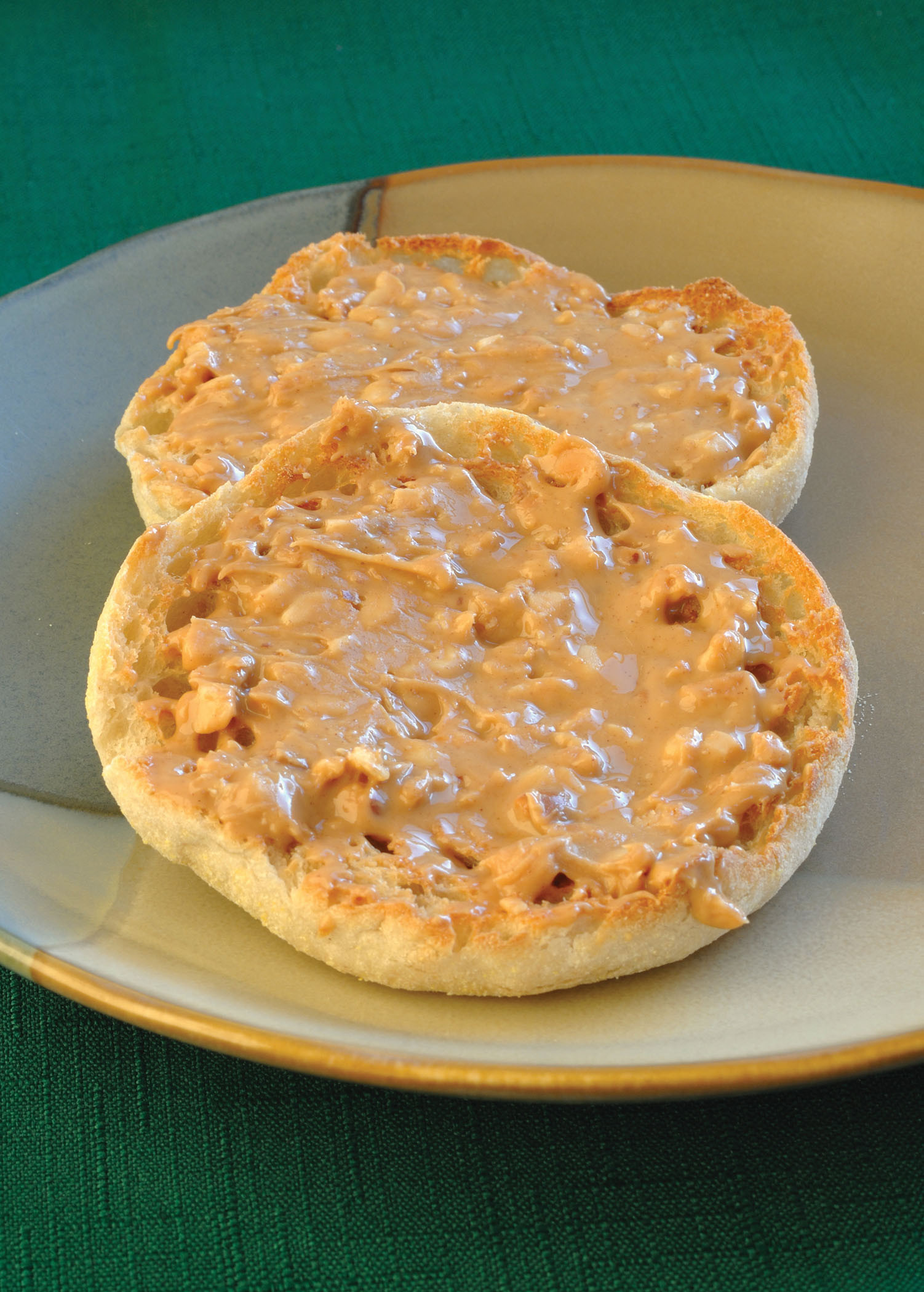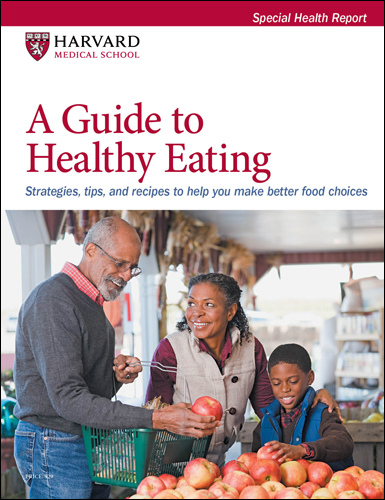How a fiber-rich diet promotes heart health
Most Americans don't get enough fiber, which is plentiful in whole grains and other plants.
- Reviewed by Deepak L. Bhatt, M.D., M.P.H, Former Editor in Chief, Harvard Heart Letter
 Perhaps you're familiar with fiber's favorable effects on a person's digestive health. But this complex carbohydrate has long been linked to better heart health as well. Researchers are now beginning to gain a better understanding of the different mechanisms behind this benefit.
Perhaps you're familiar with fiber's favorable effects on a person's digestive health. But this complex carbohydrate has long been linked to better heart health as well. Researchers are now beginning to gain a better understanding of the different mechanisms behind this benefit.
"Even early studies dating back to the '50s and '60s suggested there was something important about fiber for preventing heart disease," says Dr. Eric Rimm, a professor of epidemiology and nutrition at the Harvard T.H. Chan School of Public Health. Since then, findings from short-term clinical trials and many large, long-term observational trials suggest that fiber-rich diets may reduce the risk of heart attack and stroke by as much as 30%. Other studies are now investigating how much and what type of fiber makes a difference.
Fiber fights inflammation?
One of the latest, published March 31, 2022, in JAMA Network Open, looked at fiber intake among 4,125 older adults who were part of the Cardiovascular Health Study, which began in 1989 and followed participants until 2015. Researchers discovered that eating plenty of fiber, particularly from cereal grains, was linked to a lower level of inflammation. Even as little as a 5-gram increase in daily fiber intake was tied to significantly lower blood levels of C-reactive protein (CRP), a byproduct of inflammation that tracks closely with heart attack risk. These benefits appear to be facilitated by the trillions of microbes that live in our intestines (the gut microbiome), which have been a focus of increased scrutiny over the past decade.
The role of prebiotic fiber
Found mostly in plant foods, fiber is often characterized as soluble (which blends with water to form a gel-like substance) or insoluble (which passes through the gut largely unchanged). Some fiber — known as fermentable or prebiotic fiber — gets broken down by bacteria in your colon to form short-chain fatty acids. These compounds then circulate through the bloodstream and interact with specific receptors on cells that quell inflammation. These fatty acids also appear to play a role in keeping blood sugar, blood pressure, and cholesterol levels in check, as well as helping to prevent harmful blood clotting, says Dr. Rimm.
Most prebiotic fiber is soluble fiber; good sources include whole grains such as oats and barley. But dried beans, fruits, and vegetables also contain prebiotic fiber, with some of the highest amounts found in raw garlic, onions, leeks, and asparagus.
However, because everyone's microbiome is unique, complex, and diverse, it's challenging to study. So far, there's no evidence that prebiotic fiber is clearly more helpful than other types, and most foods contain more than one type. Insoluble fiber has other advantages that may contribute to heart health, Dr. Rimm says. Foods full of insoluble fiber, such as wheat bran, almonds, cauliflower, and berries, take longer to eat and digest, so they're more filling (and lower in calories) than a similar amount of low-fiber foods. His favorite fiber-rich meal? A peanut butter and jelly sandwich on dense, chewy, whole-grain bread.
For inspiration for adding more fiber to your diet, see the sample menu (above), which features a variety of fiber-rich foods and provides a total of almost 32 grams of fiber.
A sample menu that meets your daily fiber goalIt's not hard to meet your daily fiber requirement if you eat a plant-focused diet rich in whole grains, vegetables, and fruits. For men ages 51 and older, the daily recommended fiber intake is 30 grams; for women, it's 21 grams. (The average American gets only about 15 grams per day.) |
|
|
Meal |
Fiber (grams) |
|
Breakfast |
|
|
1 whole-wheat English muffin |
4.4 |
|
1 tablespoon peanut butter |
1.0 |
|
1 medium orange |
3.1 |
|
Morning snack |
|
|
1/2 cup cottage cheese |
|
|
1/2 cup blueberries |
1.8 |
|
Lunch |
|
|
4 ounces canned tuna |
|
|
1/2 cup canned white beans |
6.3 |
|
1 cup romaine lettuce |
1.0 |
|
1 cup spinach |
0.7 |
|
1/2 cup chopped tomato |
0.7 |
|
1/2 cut chopped cucumber |
0.4 |
|
Vinaigrette dressing |
|
|
1/2 whole-wheat pita |
2.4 |
|
Afternoon snack |
|
|
8 baby carrots |
1.4 |
|
2 tablespoons hummus |
2.4 |
|
Dinner |
|
|
4 ounces grilled chicken |
|
|
8 spears roasted asparagus |
3.7 |
|
1/2 cup cooked brown rice |
2.5 |
|
Total grams of fiber for day: 31.8 |
|
|
Menu courtesy of Sandra Allonen, Beth Israel Deaconess Medical Center. |
|
Image: © herreid/Getty Images
About the Author

Julie Corliss, Executive Editor, Harvard Heart Letter
About the Reviewer

Deepak L. Bhatt, M.D., M.P.H, Former Editor in Chief, Harvard Heart Letter
Disclaimer:
As a service to our readers, Harvard Health Publishing provides access to our library of archived content. Please note the date of last review or update on all articles.
No content on this site, regardless of date, should ever be used as a substitute for direct medical advice from your doctor or other qualified clinician.
















